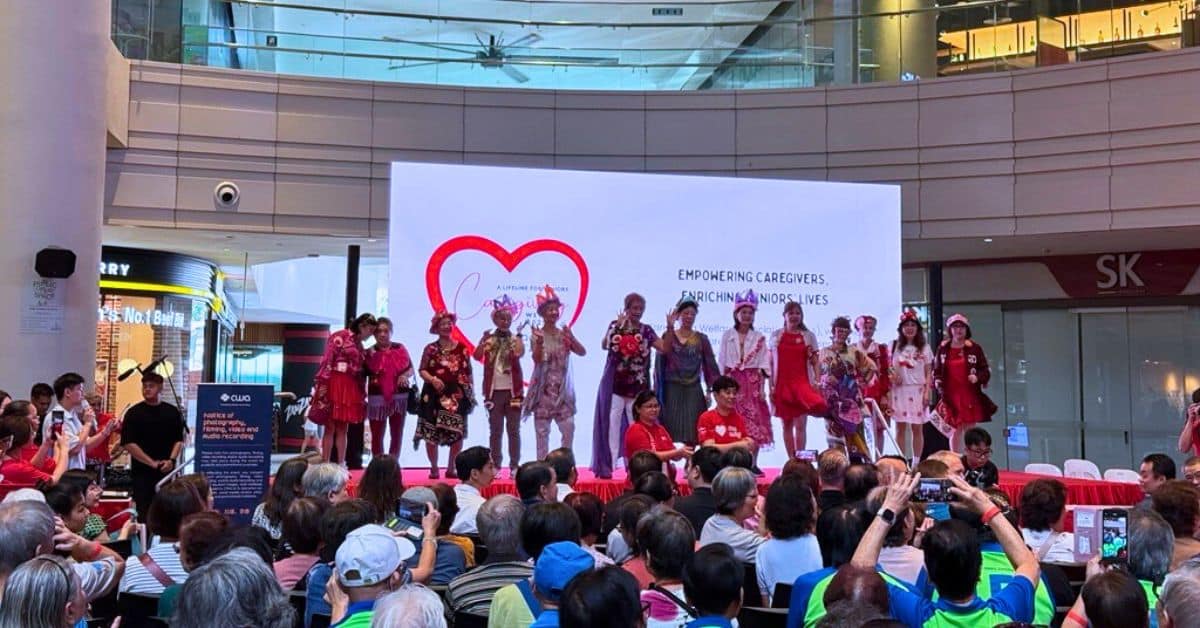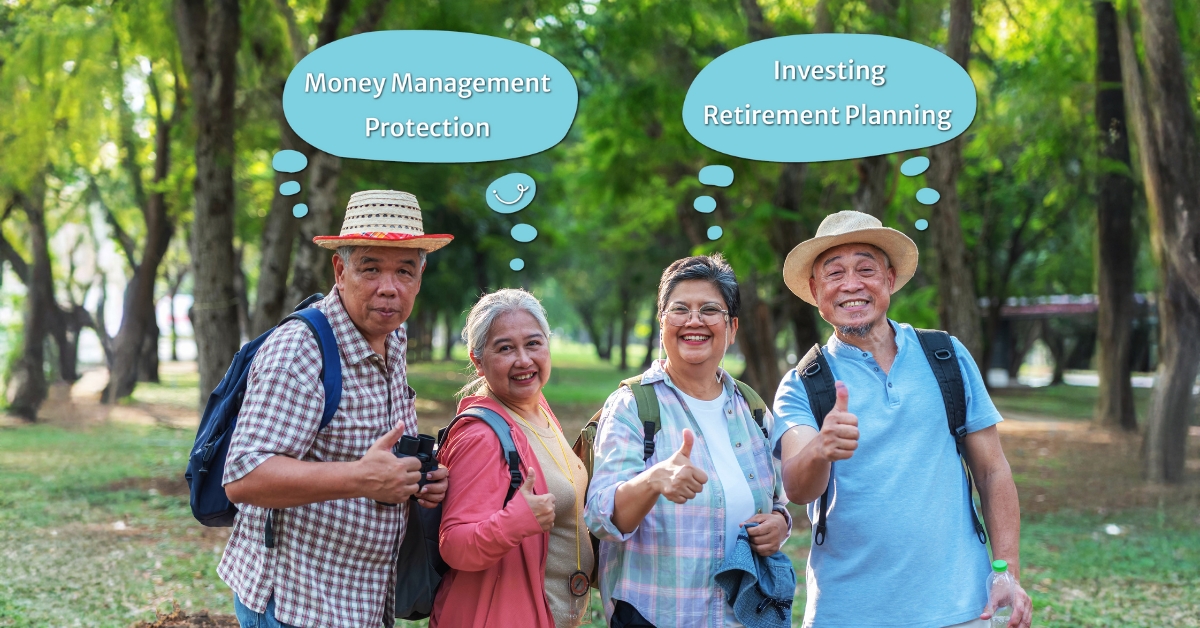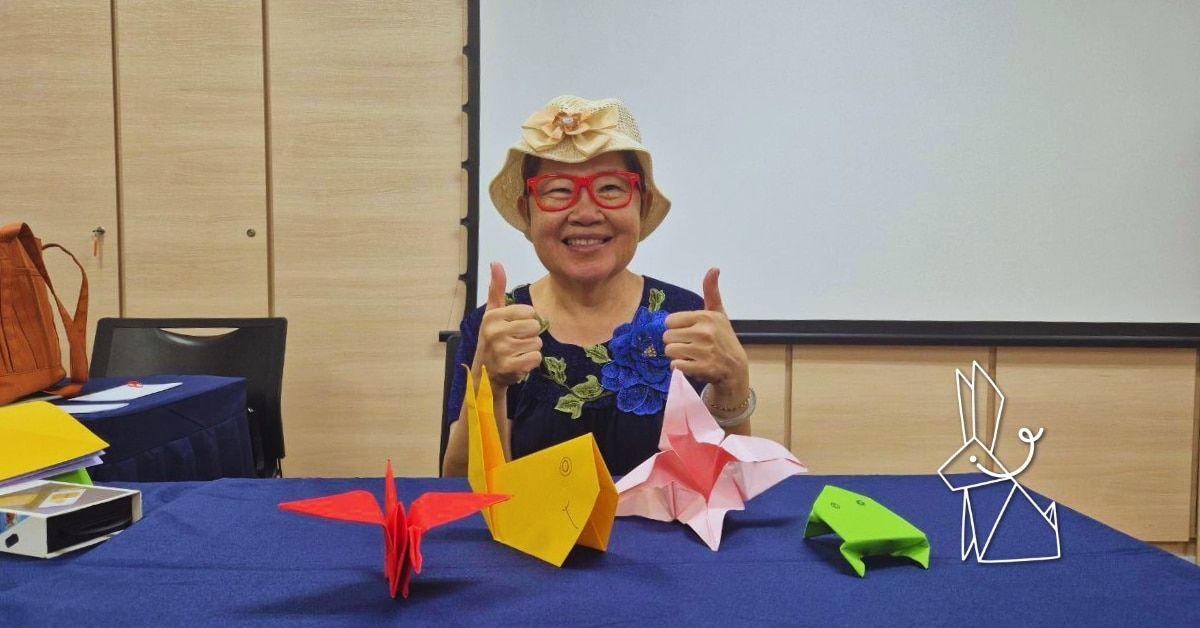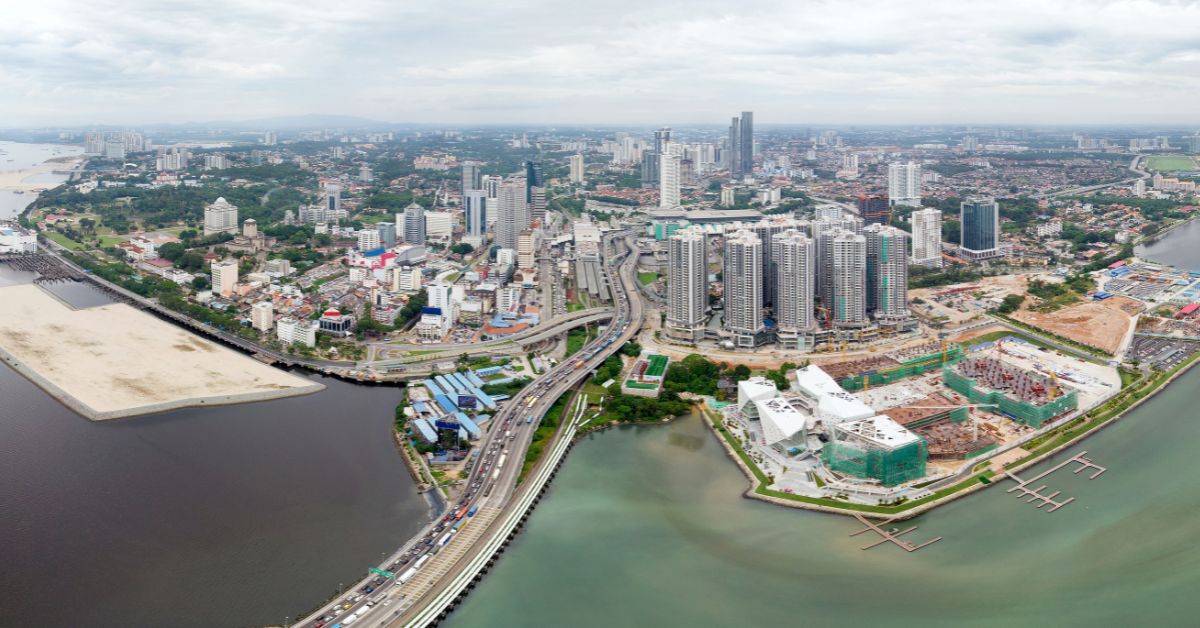
For those thinking about retiring abroad, the neighbouring state of Johor Bahru (JB), Malaysia, sounds like a great deal on paper, especially with recent updates to the Malaysia My Second Home (MM2H) Programme.
After all, the currency conversion between the countries is favouring Singapore more than ever, with every S$1 getting you about RM3.50 as of press time, meaning lower cost of living, cheaper housing and a longer runway on your retirement kitty.
JB is also right next to Singapore and accessible by road or rail in under 20 minutes, making it easy to shuttle back and forth between countries for festive occasions or visiting the grandkids – unless, of course, you get stuck in a traffic jam at the Causeway or Second Link Bridge.
These snarls often last between one to two hours, though you can always monitor the situation via the Land Transport Authority’s website or other nifty apps – or hop on the JB-Singapore Rapid Transit System (RTS) Link when it is completed in end-2026, assuming there are no delays in construction.
But how exactly does one retire in JB? Do you need a Malaysian citizenship to own property, and what exactly is the MM2H Programme? Can a retiree who’s no longer working – but drawing pension from Singapore’s CPF system – qualify for permanent residency? Read on for everything you need to know about retiring in Johor Bahru.
Advertisement
Must I own a home to retire in JB?
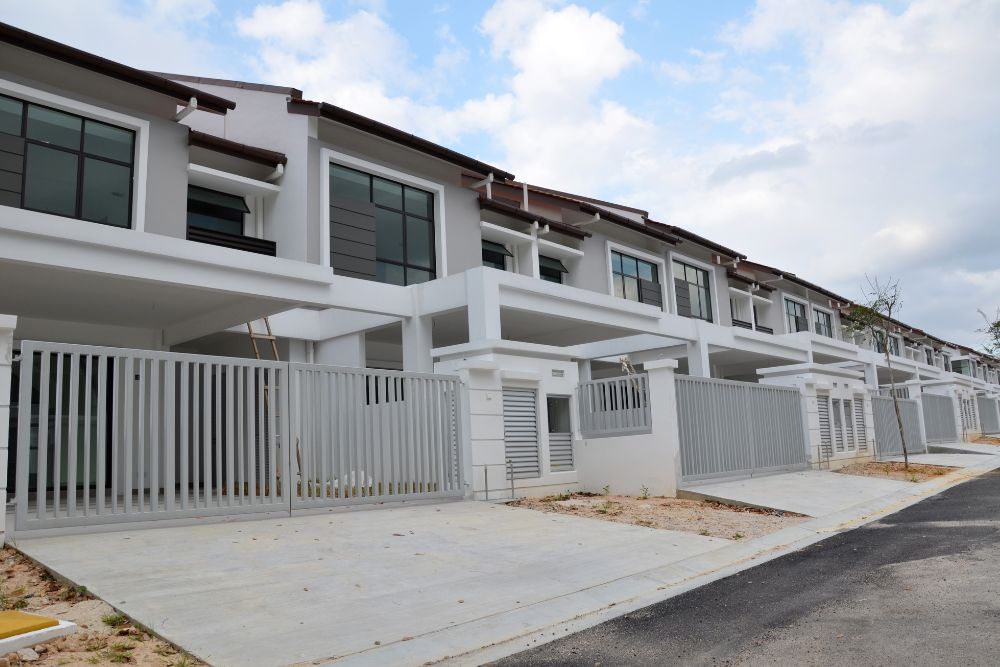
One of the foremost considerations when retiring overseas is whether you’re able to legally rent or own a home in your country of choice – and which would be the preferred option.
To cut a long story short, you pretty much have to own a home in Johor Bahru if you plan on retiring there permanently.
Renting a property for a foreigner, including Singapore passport holders, is possible, but inconvenient for a retiree.
After all, Singapore passport holders can only stay in Malaysia for up to 30 days at a stretch (under the Social Visit Pass, which Singaporeans automatically qualify for).
Thereafter, they must leave for at least 30 days before they can return to repeat the process.
Obviously, this gets tiresome pretty fast – not to mention, potentially troublesome, as there are numerous anecdotes online pointing to frequent JB-Singapore travellers who’ve been stopped and questioned at Malaysian customs.
Some even go so far as to claim that they’ve been barred from entering Malaysia for various lengths.
You can try applying for a Long-Term Social Visit Pass, which lets you stay for up to six months, but extensions on such arrangements are always subject to approval.
And then there’s the issue of renting in JB. Finding a place for a relatively short-term stay is easy enough with accommodation platforms such as Airbnb and Booking.com.
Longer-term stays, on the other hand, can be more tricky as landlords would typically ask for proof that you’re a responsible fellow who won’t run off to Singapore without settling your debts.
At the end of the day, your best bet to avoid any unnecessary hassle as a retiree is to play things by the book and apply for a long-term visa via the Malaysia My Second Home (MM2H) Programme.
What are the requirements of the Malaysia My Second Home (MM2H) Programme?
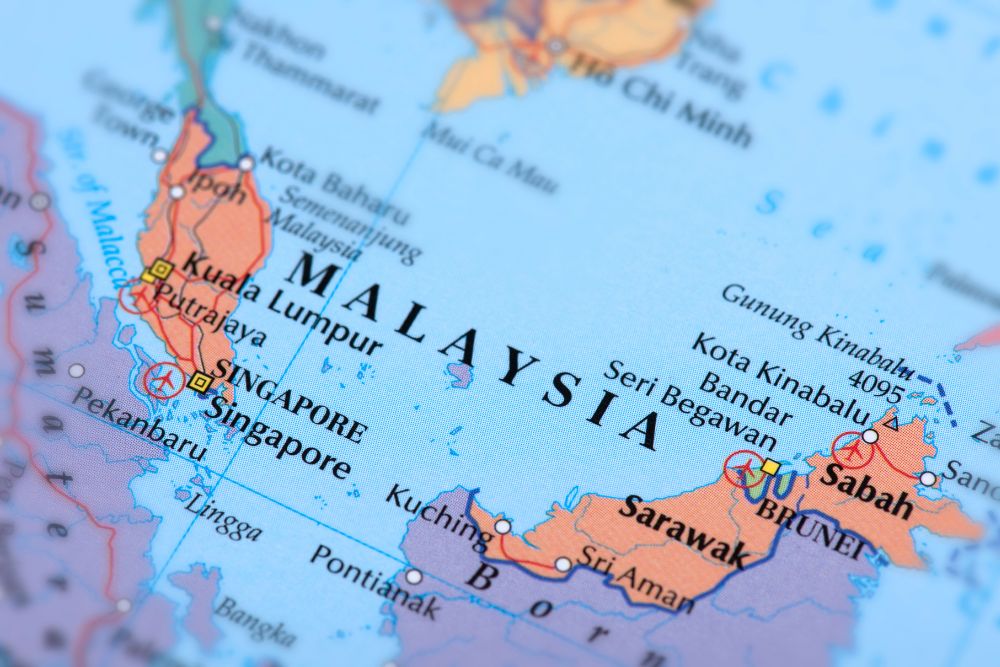
The Malaysia My Second Home (MM2H) Programme is a long-term visa that allows foreigners to live – and yes, even retire – in Malaysia. The visa must be renewed every five years.
It was initially launched in 2002 as a way to attract foreigners to make Malaysia their holiday or, well, second, home.
More than 57,000 applications have been granted since the inception of the programme until 2018 when it was suspended for review.
The MM2H scheme was later relaunched in 2021 with far stricter requirements, including a revised monthly income floor for applicants of RM40,000 (about S$11,223 as of press time) up from just RM10,000, pricing out most retirees and plunging its popularity by 90%.
This doesn’t necessarily mean that your plans to retire in JB are scuppered though, since the MM2H programme has recently come under review once again.
The most significant of the piecemeal changes released in December 2023 includes a new three-tier system, the highest of which qualifies a foreigner for permanent resident (PR) status.
This is quite a boon, as you’d normally have to be working or owning a business in Malaysia to even apply to become a PR there.
New requirements for the MM2H programme, along with other criteria with updates that have yet to be announced, are as follows:
Updated eligibility criteria for MM2H Programme from Dec 2023
| Previous requirements | New requirements | |||
|---|---|---|---|---|
| Category | NA | Silver | Gold | Platinum |
| Visa length | 5 years | 5 years | 15 years | PR status |
| Minimum length of stay in Malaysia required per year | 90 days | 60 days | 60 days | 60 days |
| Minimum fixed deposit to be placed in a Malaysian bank | RM1 million | RM500,000 | RM2 million | RM5 million |
| Minimum monthly income | RM40,000 | Yet to be announced | ||
| Minimum liquid assets | RM1.5 million | Yet to be announced | ||
This article will be updated when new requirements have been announced.
Is living in Johor Bahru (JB) convenient for a silver?
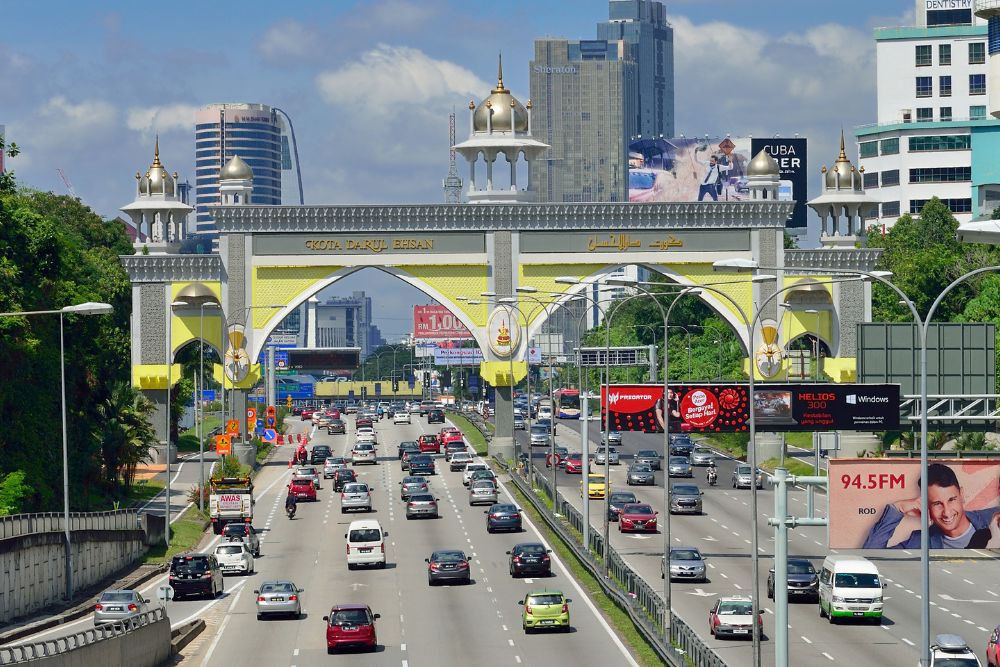
With your visa settled, now comes the part where you find a place to stay. Singaporeans are required to spend at least RM2 million (around S$561,000) for a landed property, or half that for a condominium.
Just like in Singapore, each of these accommodation options come with their own pros and cons. Landed properties naturally offer the most room for avid gardeners.
If security is a concern, opting for a gated community or a condominium is probably better. In any case, there is no shortage of accommodation built close to the Causeway and Second Link Bridge in an effort to woo the Singapore dollar.
Relying on public transport alone in Johor Bahru probably isn’t going to cut it as Malaysia’s public transport network is less extensive than Singapore’s.
You’d be better off getting your own set of wheels for the convenience and freedom of navigating the vast country on your own terms. (You can use Grab or other ride hailing services if you don’t want to incur the cost of a car. If you’re planning on travelling in the country you can always rent a car, fly or take a train.)
Plus, it’s far cheaper to own and drive a car in Malaysia – a brand-new Proton Saga costs RM34,800, less than S$10,000 – thanks to the lack of a Certificate of Entitlement (COE) system.
With subsidised petrol (it costs roughly RM3.50 per litre for RON97 there, compared to S$2.90 for 95-octane fuel here) to boot, you can expect car expenses after retiring in JB to be a fraction of what they are here.
This applies to other living expenses like utilities, food, clothing and telephone bills too.
According to the Department of Statistics Malaysia’s Household Expenditure Survey Report 2022, households in Johor spent an average of RM5,342 a month (around S$1,526), which is slightly higher than the national average of RM5,150 – but still far lower than Singapore’s S$4,906 (surveyed back in 2018).
What about the quality and convenience of medical care in Malaysia?
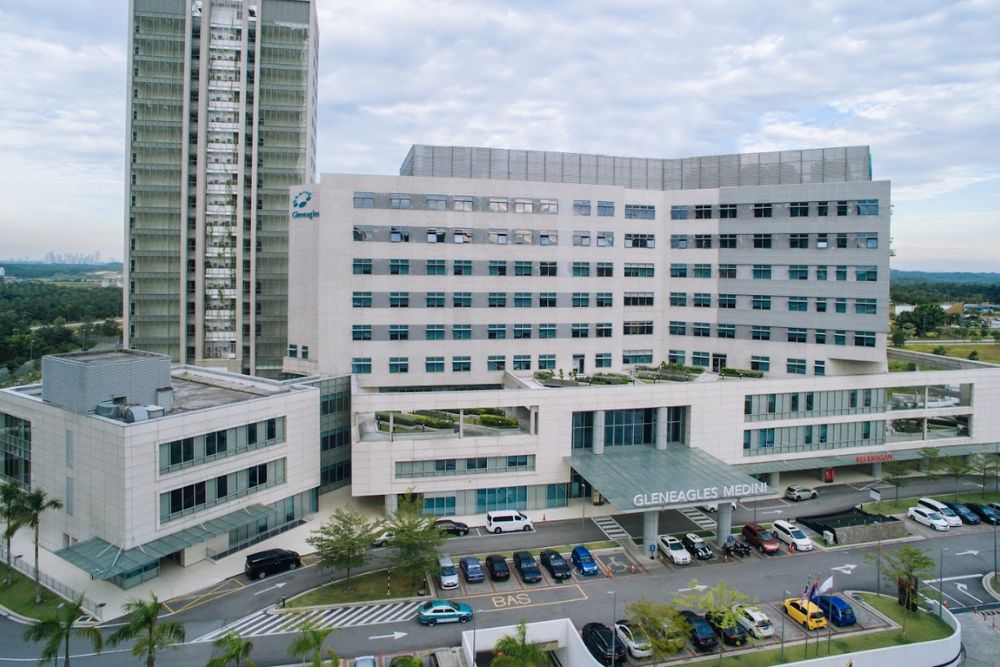
Johor Bahru is also fast becoming a medical tourism hub, having seen a crop of private hospitals with advanced care facilities popping up over the last decade to cater to foreign patients from China, Indonesia, and Singapore.
One of the main draws for JB’s medical care is affordability, with treatments and procedures costing as low as one-third of the price in Singapore, even after government subsidies.
Be sure to check on your health insurance policies, as domestic ones from Singapore might not cover you in Malaysia. If you’re set on moving to Malaysia, it is advisable to get an insurance policy there if you have the means.
As always, one of the best parts of retiring in JB is that Singapore is just a short drive away, meaning that non-emergency medical care from your favourite specialist is comfortably within reach.


